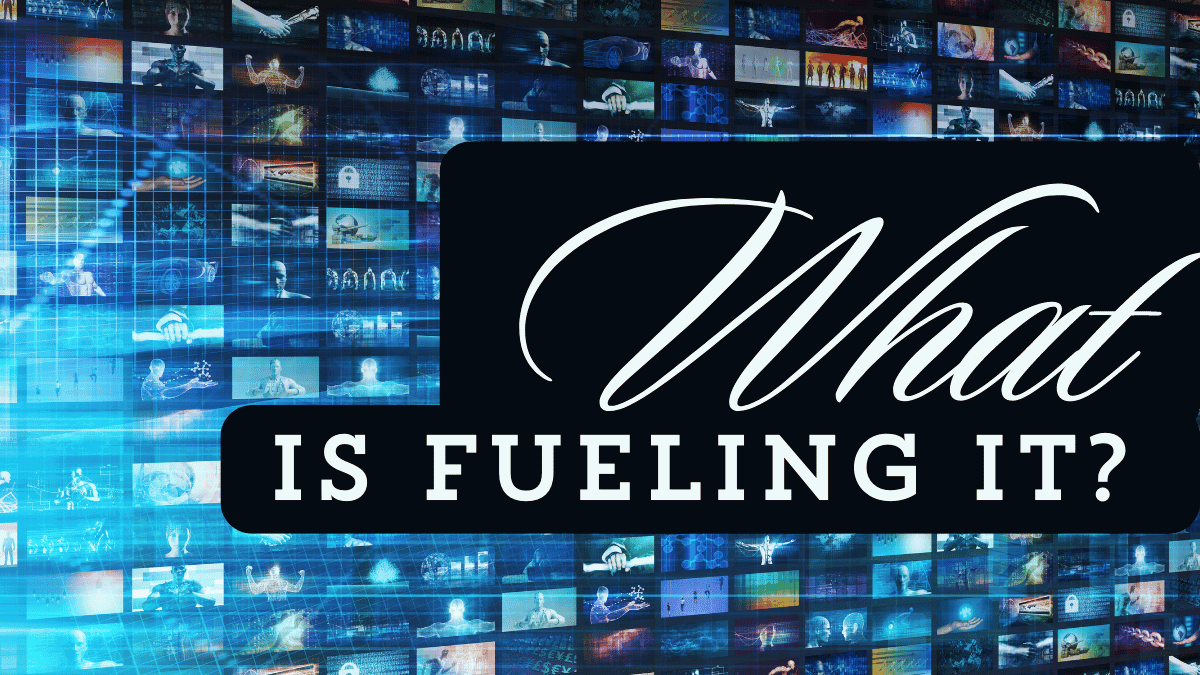10 Ways Social Media Negatively Fuels Narcissistic Behavior
What Fuels Narcissistic Behavior?
Social media has revolutionized how we communicate, share, and interact, but it’s also become a breeding ground for narcissistic behavior. The platforms that connect us also provide fertile ground for self-centeredness, validation-seeking, and unhealthy competition. In this article, we’ll explore how social media can amplify narcissistic tendencies and the impact this has on both individuals and society.
1. Constant Need for Validation
Social media platforms like Instagram, Facebook, and Twitter thrive on likes, comments, and shares. For someone with narcissistic tendencies, this constant need for validation can become addictive. The number of likes or followers becomes a measure of self-worth, driving individuals to curate their lives in a way that attracts more attention. This validation-seeking behavior reinforces narcissistic traits and can lead to a cycle of dependency on social media for self-esteem.
2. Curated Self-Image
Narcissists often have a grandiose sense of self, and social media provides the perfect platform to create and maintain an idealized version of themselves. Through carefully selected photos, filtered images, and crafted posts, individuals can present a version of their lives that is far removed from reality. This curated self-image not only reinforces their inflated sense of self but also misleads others into believing in this façade, perpetuating the cycle of narcissism.
3. Comparison Culture
Social media fosters a culture of comparison, where users constantly measure themselves against others. For narcissists, this can trigger feelings of envy and competition, leading them to strive for superiority in their online personas. This unhealthy comparison can exacerbate narcissistic traits, as individuals become more focused on outperforming others rather than forming genuine connections.
4. Echo Chambers of Praise
Narcissists often surround themselves with people who reinforce their self-image. On social media, this can manifest as echo chambers, where only positive feedback and admiration are allowed. By curating their followers and blocking or ignoring criticism, narcissists can create a bubble of praise that shields them from reality. This lack of constructive feedback prevents personal growth and further entrenches narcissistic behavior.
5. Superficial Relationships
While social media allows for connection, it often fosters shallow and superficial relationships. Narcissists may have thousands of friends or followers, but these connections are often devoid of real substance. The emphasis on quantity over quality in relationships can leave narcissists feeling isolated, despite their large online presence. This superficiality feeds their need for admiration without the emotional investment that genuine relationships require.
6. Excessive Self-Promotion
Narcissists are known for their self-promotion, and social media provides endless opportunities for this. Whether it’s posting about personal achievements, sharing selfies, or boasting about material possessions, social media becomes a stage for narcissists to showcase their superiority. This relentless self-promotion can alienate others and lead to a distorted sense of reality, where the narcissist’s worth is tied to their online persona.
7. Lack of Empathy
Empathy is often lacking in narcissists, and social media exacerbates this trait. The impersonal nature of online interactions makes it easier for narcissists to disregard the feelings and needs of others. They may engage in online bullying, trolling, or other harmful behaviors without considering the impact on others. This lack of empathy can cause significant harm and further isolates the narcissist from meaningful human connections.
8. Obsessive Focus on Appearance
Platforms like Instagram and Snapchat are heavily focused on visual content, which can fuel an obsessive focus on appearance. Narcissists may spend hours perfecting their looks, using filters, and editing images to present an idealized version of themselves. This obsession with appearance not only reinforces superficial values but also leads to body image issues and a distorted sense of self-worth.
9. Encouragement of Risky Behavior
In the quest for attention and validation, narcissists may engage in risky or attention-seeking behaviors on social media. This could include posting provocative content, engaging in dangerous challenges, or sharing personal information for likes and shares. These behaviors can have serious consequences, both for the individual and those around them, and can reinforce a reckless disregard for others.
10. False Sense of Power
Social media can give narcissists a false sense of power and influence. The ability to amass followers, dictate trends, and influence others can inflate their sense of importance. However, this power is often fleeting and based on superficial interactions rather than real authority or respect. When this false sense of power is challenged, it can lead to intense frustration, anger, and further entrenchment in narcissistic behaviors.
Navigating Social Media in a Narcissistic World
While social media has many positive aspects, it’s crucial to recognize how it can negatively impact those with narcissistic tendencies. Understanding these dynamics allows us to approach social media more mindfully, fostering healthier interactions and relationships. By being aware of the ways social media can fuel narcissistic behavior, we can take steps to mitigate its impact and promote a more balanced, empathetic online culture.
fuels narcissistic behavior fuels narcissistic behavior fuels narcissistic behavior fuels narcissistic behavior fuels narcissistic behavior fuels narcissistic behavior fuels narcissistic behavior







